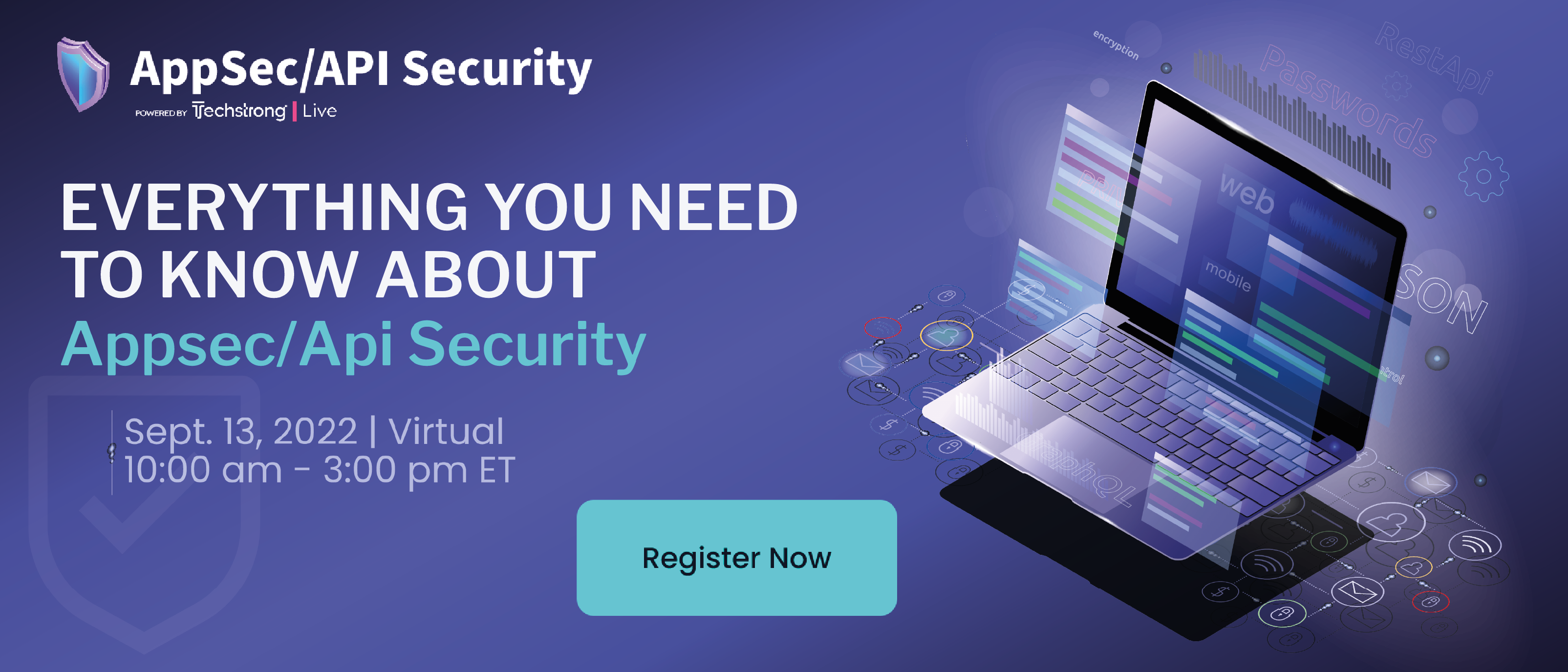Attracting the Right Talent Requires the Right Story

A recent article in Forbes Magazine by HYPR’s CEO Bojan Simic discussed the cybersecurity skills gap and how practitioners and executives can address the technical workforce shortages. While that article highlighted why and how companies should look beyond current job experience, this post looks holistically at how to attract talented people. It highlights what we do at HYPR to attract and retain our talented team members from a more personal approach.
Seven years ago I met our (now) CEO for the first time. Back then, HYPR resembled an aspiring rock band. It had all the elements needed for success, and a sound that was different yet relatable to all who heard it. Throughout my career, I’ve either been recruiting for or selling enterprise software, mostly within the Information Security industry. I’ve been involved with launching some great technology, and have met some extraordinary people that I now call friends. However, little did I know that initial meeting with Bojan would eventually land me here at HYPR, working with some of the best people I’ve ever known.
Come for the Tech, Stay for the Team
One of the major reasons I was drawn to HYPR was, of course, the innovative technology. The sheer economic advantage of our approach makes it an obvious choice for anyone who logs into a computer, web or mobile application. We’ve found a way to easily and completely get rid of passwords and finally fix the way the world logs in — and HYPR delivers. Beyond the technology though, I quickly discovered that HYPR was so much more than a tech company.
Within my first days, I realized HYPR embodies dedication to a level I had never experienced. Dedication to what we build, dedication to our customers, dedication to each other, to having fun, to being transparent, to being empathetic, to doing it over and over again. It’s not just Engineering or Sales, or Marketing or Operations for that matter. It’s each and every person within each and every team. Yes there are challenges, but people go above and beyond to meet them together. This matters. It also raises a question — why and how do some companies go above and beyond and others don’t or can’t?





